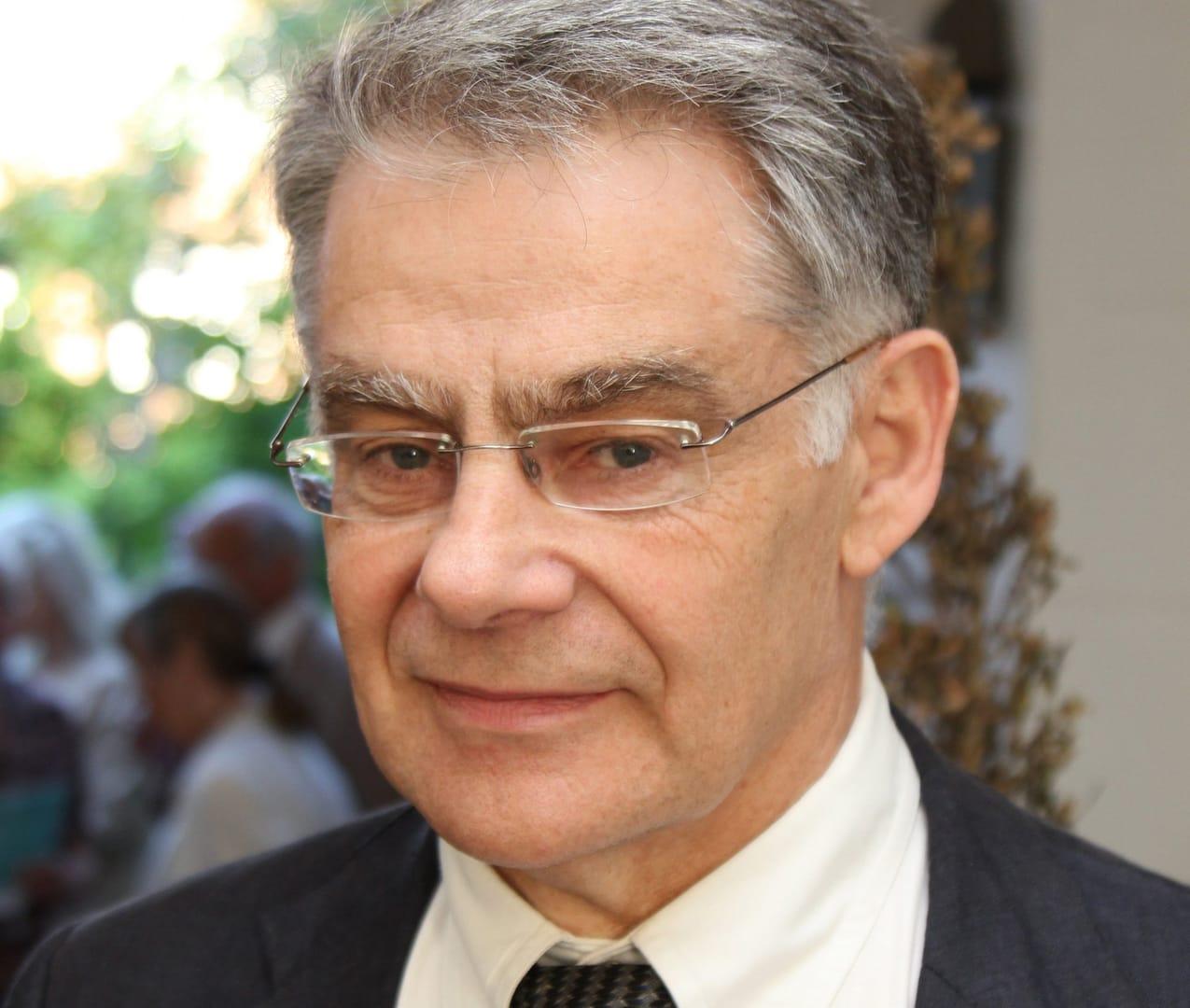MANCHESTER, United Kingdom — An English bishop expressed solidarity with the family of a man on feeding tubes as a court decision on their removal was delayed pending an appeal to the European Court of Human Rights.
Bishop Mark O’Toole of Plymouth said in a statement sent to Catholic News Service that the English court’s decision “to allow for the withdrawal of hydration and nutrition is very worrying,” even more so because “it is deemed to be in the best interests of the patient.”
The Polish citizen, who is referred to publicly only as RS because of reporting restrictions, suffered a heart attack in November, and in mid-December the Court of Protection gave permission to University Hospitals Plymouth National Health Service Trust to withdraw artificial hydration and nutrition Jan. 7.
According to a Jan. 12 statement by the Anscombe Bioethics Centre, a Catholic institute serving the church in the UK and Ireland, the removal of the tubes has been delayed and appealed.
The Polish government has asked the UK to provide food and fluids to RS until its own application to the European court — to repatriate the patient to a hospital in Warsaw — has been considered. The European court has already declared “inadmissible” an appeal by the man’s family that the court ruling violated his right to life.
O’Toole said that “providing food and water to very sick patients — even if by artificial means — is a basic level of care.”
The UK Court of Protection had accepted claims by doctors that RS might live for five years but might not recover beyond “a minimally conscious state” where he could barely “acknowledge a presence of another human being.” The judge ruled it was not in the best interests of RS to be kept alive “in a state which provides him with no capacity to obtain any pleasure and which is so upsetting to his wife and children.”
The man’s mother, however, is determined to save her son. “I am devastated that the British authorities have decided to dehydrate my son to death,” she said in a Jan. 8 press release issued by the Christian Legal Centre, which is assisting the family. “What the British authorities are trying to do to my son is euthanasia by the back door.”
According to the press release, Father Patrick Pullicino, a former neurologist, examined videos of RS made by the family and concluded that they showed “a clear emotional response to the presence of family members” and might indicate that his prospects of recovery were better than suggested.
The judge rejected the evidence, however, and also refused a request from the family for RS to be examined by another neurologist.
The judge has also denied the Catholic Church the opportunity to offer an expert opinion. Earlier rulings in similar cases had taken the religious persuasions of the patients into account.
David Jones, Anscombe center director, said in a Jan. 12 statement, “Patients should not be abandoned to die from lack of nutrition or hydration, however that is best provided.”
Dr. Paul McArdle, deputy medical director of the NHS trust, told local media his employers had “every sympathy for the patient and members of the family.”















